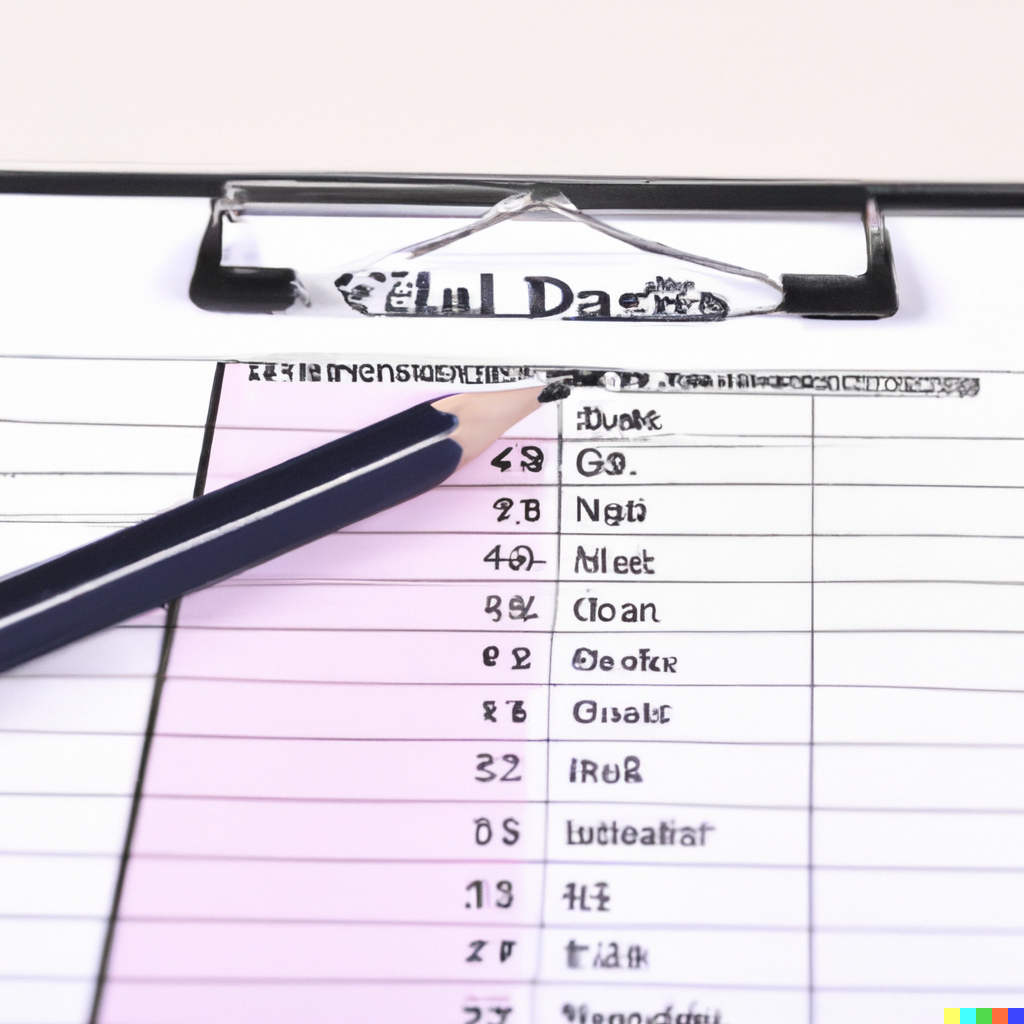My Two Cents: The Perils of Attorney Social Media Disclosures: Upholding Integrity and Protecting Clients' Interests. Or the Right and Duty to Remain Silent.
/Attorneys must be cautious using social media when it relates to their ongoing cases!
In the age of social media dominance, individuals across various professions have embraced the power of online platforms to express their thoughts, opinions, and personal experiences. However, attorneys, as guardians of justice and trusted advocates, must exercise caution when engaging in social media discussions especially when their cases have yet finished in court. Recent events, such as the case highlighted in the article "Attorneys' Social Media Posts Cost Client $1.5M and Lawyers are Divided About It" by LegalTech News, along with the controversial behavior of former President Donald Trump in discussing his government criminal cases, have underscored the urgent need for attorneys to abstain from discussing ongoing trials on social media. Attorneys should refrain from such practices, emphasizing the potential risks to their clients' interests and the integrity of the legal profession.
The obvious should be Preserving Client Confidentiality and Trust. The cornerstone of the attorney-client relationship is trust and confidentiality. Attorneys must ensure that their clients' information remains confidential and protected from unauthorized disclosure. Engaging in social media discussions about ongoing trials can inadvertently breach this privilege, potentially damaging the client's trust and undermining the attorney's credibility.
You don’t want a mistrial because you prejudiced the Legal Process. Discussing ongoing cases on social media platforms can compromise the fairness of legal proceedings. Such disclosures can introduce bias, prejudicial information, or potentially taint the jury pool. The attorney's duty to uphold the integrity of the legal system necessitates avoiding actions that could undermine the objective pursuit of justice.
An attorneys use of social media can get unwanted attention from their state bar association!
We must Maintain Objectivity and Impartiality. Attorneys have a professional obligation to approach their cases with objectivity and impartiality. Expressing personal opinions or biases on social media regarding ongoing trials can call into question their ability to provide fair and unbiased representation. Publicly taking sides or making premature judgments can hinder their capacity to advocate effectively for their clients.
We should avoid creating Conflicts of Interest and Client Diversification. Sharing case-related information on social media may inadvertently lead to conflicts of interest or compromise the attorney's ability to handle other cases effectively. Publicizing details or opinions on one case could potentially affect the attorney's relationship with other clients, undermining their ability to represent diverse interests without bias or prejudice.
We don't want to Jeopardize Our Client's Interests. As Attorneys, we are duty-bound to act in our clients' best interests. By discussing ongoing cases on social media, attorneys risk revealing confidential information or strategic details that could harm their clients' positions. Such disclosures may enable opposing counsel to gain insight into the attorney's legal strategies or provide them with an advantage during trial.
We should prevent Pretrial Publicity and Jury Bias. Social media posts by attorneys can generate widespread publicity, attracting undue attention to the case and influencing public perception. This increased exposure may make it challenging to impanel an impartial jury, potentially leading to biased judgments or unfavorable outcomes for the client. Preserving the integrity of the legal process demands restraint from attorneys in publicizing ongoing cases on social media.
Trump’s social media postings have likely affected his purported upcoming criminal trials…
The Trump Factor: A Cautionary Tale (whether you are for or against him). The highly publicized government criminal cases involving former President Donald J. Trump provide a cautionary tale for attorneys. His frequent and controversial social media commentary on legal matters highlighted the potential pitfalls of mixing public opinion, personal agendas, and legal cases. Trump's approach underscores the importance of discretion and the potential consequences of disregarding professional boundaries. Attorneys must learn from these examples and avoid compromising their professional responsibilities by engaging in similar behavior.
Attorneys bear a significant responsibility in upholding the principles of justice, maintaining client confidentiality, and preserving the integrity of the legal profession. Engaging in social media discussions about their ongoing trials risks compromising these crucial aspects, potentially harming clients and undermining public trust. By exercising caution and discretion, attorneys can ensure they fulfill their professional obligations while safeguarding their clients' interests. Social media can be a valuable tool for attorneys to connect with the public and engage in meaningful dialogue, but it must be used thoughtfully and responsibly to avoid unintended consequences.
Why does this matter? Attorneys should strive to maintain decorum and protect the sanctity of the legal process by refraining from public discussions on social media platforms for their ongoing cases. Because if you haven’t realized it, every paragraph above could serve as a basis for a potential bar complaint. And you don’t want that!!!



































